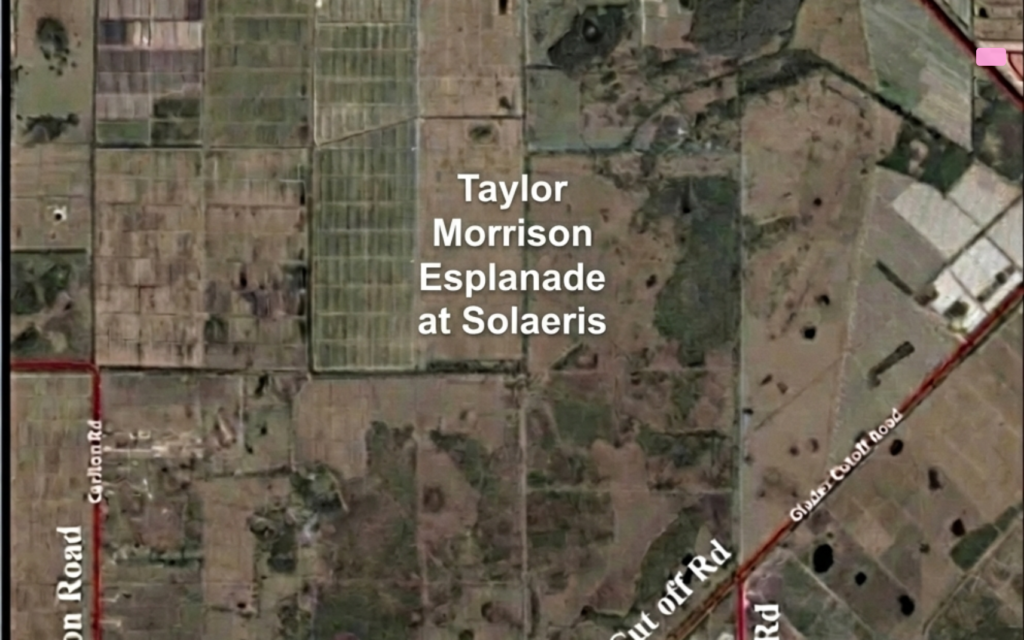Organ donation in Ontario plays a vital role in saving lives and improving health outcomes, with one organ donor able to save up to eight lives and enhance up to 75 more through tissue donation. The process of organ and tissue donation in Ontario is supported by provincial organizations and ongoing public awareness campaigns to increase registration and support donor families.
Organ Donation in Ontario: Current Statistics and Impact
According to Ontario health authorities, approximately 1,400 people in the province are waiting for a lifesaving organ transplant at any given time. Every three days, someone in Ontario dies while waiting for a transplant, underscoring the urgent need for more registered organ donors.
Recent data shows that 35% of Ontarians are registered organ donors. This represents about 4.7 million registered donors out of 13.1 million eligible residents. Each registered donor has the potential to save or improve the lives of many individuals in need of transplants.
How Organ and Tissue Donation Works in Ontario
Organ and tissue donation involves individuals or their families consenting to donate organs and tissues after death. The process is coordinated by provincial organizations, which ensure that donations are handled with care and respect. In many cases, especially with pediatric patients, the decision to donate falls to families during difficult times of grief.
Eligibility for organ donation is evaluated on a case-by-case basis. Age and medical history generally do not disqualify someone from registering as a donor. All major religions in Ontario support or respect individual choices regarding organ and tissue donation, making the process inclusive and accessible.
Donation After Cardiocirculatory Death (DCD)
New clinical guidelines have expanded the practice of donation after cardiocirculatory death (DCD) in Ontario, particularly for pediatric cases. This advancement has increased opportunities for families to donate and for recipients to receive life-saving transplants. Provincial health networks report that the expansion of DCD programs is a significant step in increasing the donor pool.
Support for Donor Families in Ontario
Ontario hospitals and transplant networks have strengthened support programs for donor families. These programs offer emotional support, bereavement resources, and updates on the impact of each donation. According to provincial health agencies, ongoing contact and resources are provided to help families through the donation process and after their loved one’s donation.
Events honoring donor families, such as those recognizing 35 organ donor families, are held to express community gratitude and raise awareness of the life-saving impact of organ donation decisions. These events help families find meaning and closure, and highlight the importance of their contributions to the health system.
Public Awareness and Registration Efforts
Awareness campaigns such as Be A Donor Month and National Organ and Tissue Donation Awareness Week are organized to increase registration rates and public understanding of organ donation in Ontario. These initiatives aim to dispel myths about eligibility and encourage more residents to register as donors.
Registration to become an organ donor in Ontario is confidential and accessible, with ongoing efforts from health authorities to increase participation. Provincial organizations emphasize that registering as a donor is an important step in supporting the health and well-being of the community.
Key Benefits of Organ Donation in Ontario
- Saves Lives: One donor can save up to eight lives through organ donation.
- Enhances Quality of Life: Tissue donation can improve the lives of up to 75 people.
- Inclusive Eligibility: Age and most medical histories do not prevent registration.
- Community Support: Ongoing support and recognition for donor families.
- Widespread Acceptance: All major religions in Ontario support or respect donation choices.
Frequently Asked Questions About Organ Donation in Ontario
What is organ donation in Ontario?
Organ donation in Ontario is the process where individuals or their families consent to donate organs and tissues after death. This can save or improve the lives of people who need transplants.
How many people are registered as organ donors in Ontario?
About 4.7 million Ontarians are registered organ donors, which is 35% of the 13.1 million eligible residents, according to provincial health data.
Are there age or health restrictions for organ donation in Ontario?
Age and most medical histories do not prevent someone from registering as an organ donor. Each case is reviewed individually to determine eligibility.
Can you register as an organ donor if you follow a specific religion?
All major religions in Ontario support or respect the choice to donate organs and tissues. Individuals from any faith can register as donors.
Where are organ donation decisions made in Ontario?
Organ donation decisions are often made in hospitals by families, especially in pediatric cases. Provincial organizations coordinate the process and provide support throughout.
































